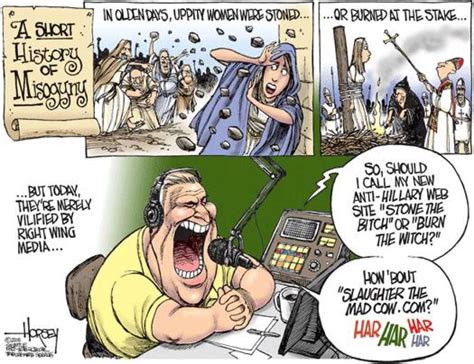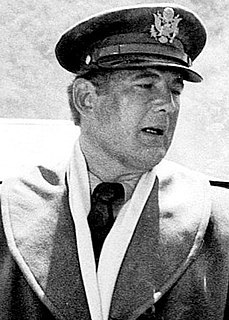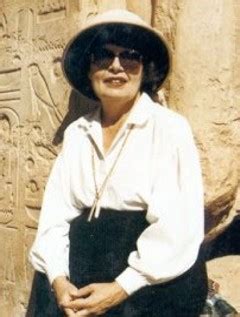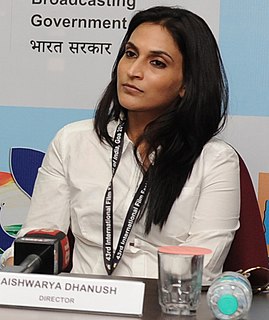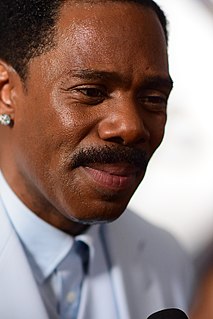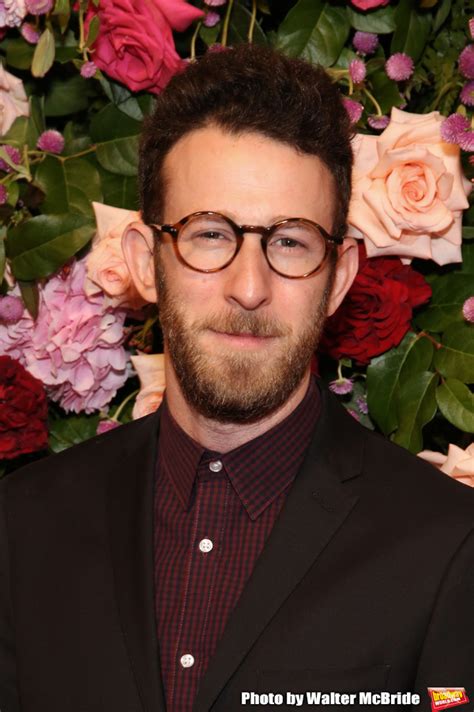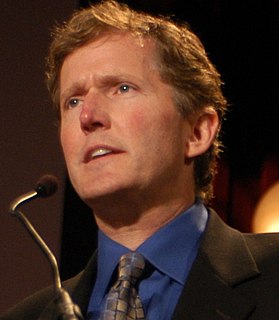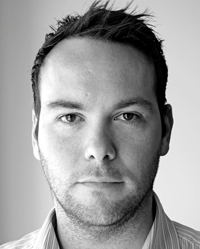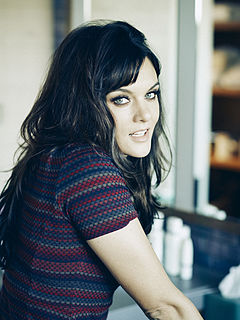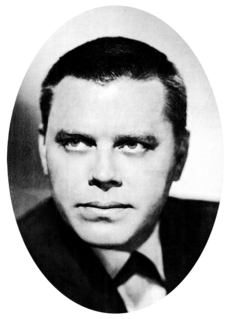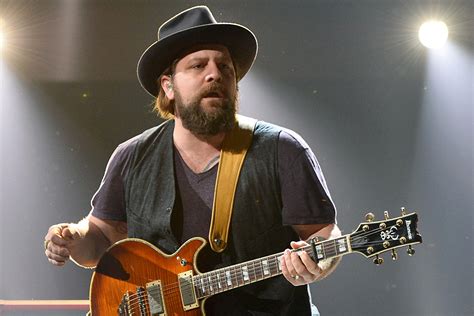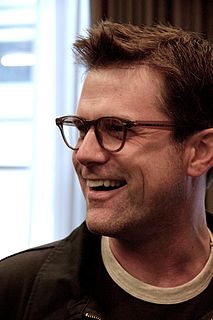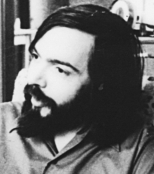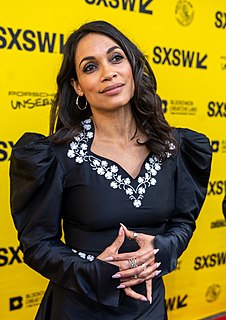Top 1200 Writing Stories Quotes & Sayings - Page 5
Explore popular Writing Stories quotes.
Last updated on December 22, 2024.
I think that's a really important role that people sometimes forget about, especially with all these newspaper shutting down and having trouble, where are all these stories going to go? I think you have something really great with all those stories waiting to be told, but I just don't know how it shapes up exactly. I don't think there are going to be a lot of newspaper reporters sitting around not writing.
As an activist, you do find yourself directed more toward public action. But I've always tried to use stories from my own life in my writing for instance. It has always been clear to me that the stories of each other's lives are our best textbooks. Every social justice movement that I know of has come out of people sitting in small groups, telling their life stories, and discovering that other people have shared similar experiences. So, if we've shared many experiences, then it probably has something to do with power or politics, and if we unify and act together, then we can make a change.
We need to write because so many of our stories are not being heard. Where could they be heard in this era of fear and media monopolies? Writing allows us to transform what has happened to us and to fight back against what's hurting us. While not everyone is an author, everyone is a writer and I think that the process of writing is deeply spiritual and liberatory.
have a much harder time writing stories than novels. I need the expansiveness of a novel and the propulsive energy it provides. When I think about scene - and when I teach scene writing - I'm thinking about questions. What questions are raised by a scene? What questions are answered? What questions persist from scene to scene to scene?
When I write my novels, I'm not writing them to make political points. I'm writing them because I passionately love monsters and the weird and horror stories and strange situations and surrealism, and what I want to do is communicate that. But, because I come at this with a political perspective, the world that I'm creating is embedded with many of the concerns that I have. But I never let them get in the way of the monsters.
I want to see children curled up with books, finding an awareness of themselves as they discover other people's thoughts. I want them to make the connection that books are people's stories, that writing is talking on paper, and I want them to write their own stories. I'd like my books to provide that connection for them.
When I wrote Wakolda at first I wasn't conscious that I was writing about something so close to or that had so many similar elements with XXY. It was just after I was done writing that I noticed it. I think both teenagers in each film have many similarities, and Mengele is the extreme version of the plastic surgeon in XXY. Both stories definitely have several ideas connecting them.
Humans are kind of story-propagating creatures. If you think of how we spend our days, think of all the time you spend on entertainment. How much of your entertainment centers around stories? Most pieces of music tell stories. Even hanging out with your friends, you talk, you tell stories to each other. They're all stories. We live in stories.
Francie was ten years old when she first found an outlet in writing. What she wrote was of little consequence. What was important was that the attempt to write stories kept her straight on the dividing line between truth and fiction. If she had not found this outlet in writing, she might have grown up to be a tremendous liar.





